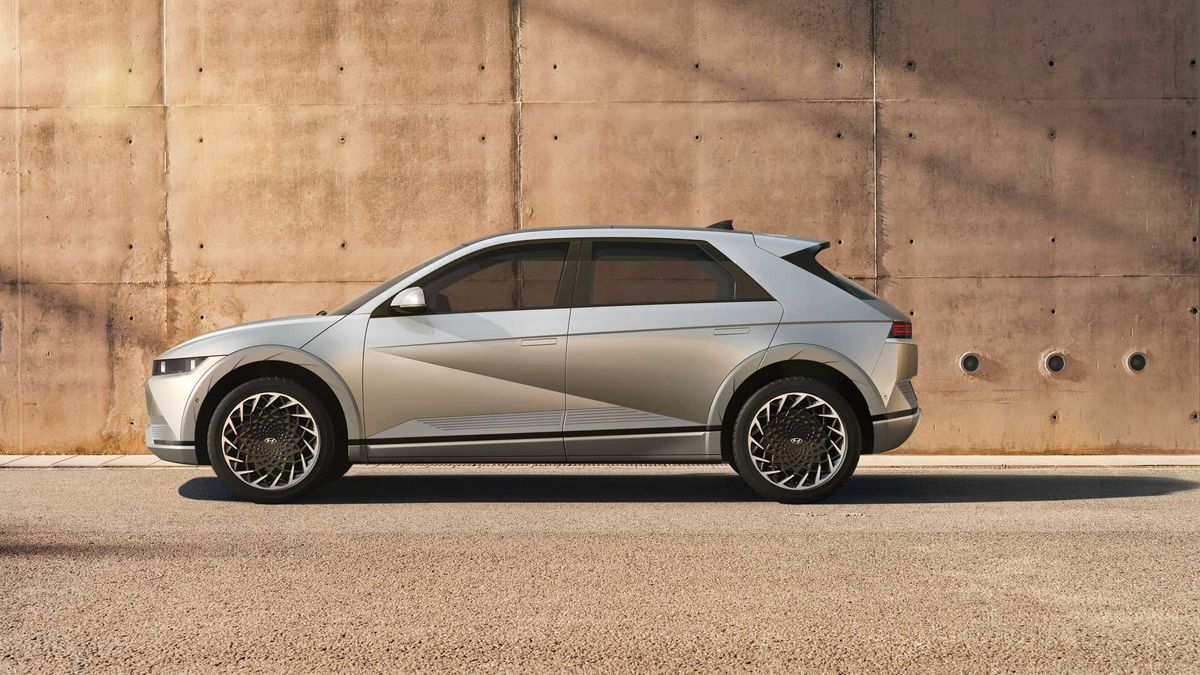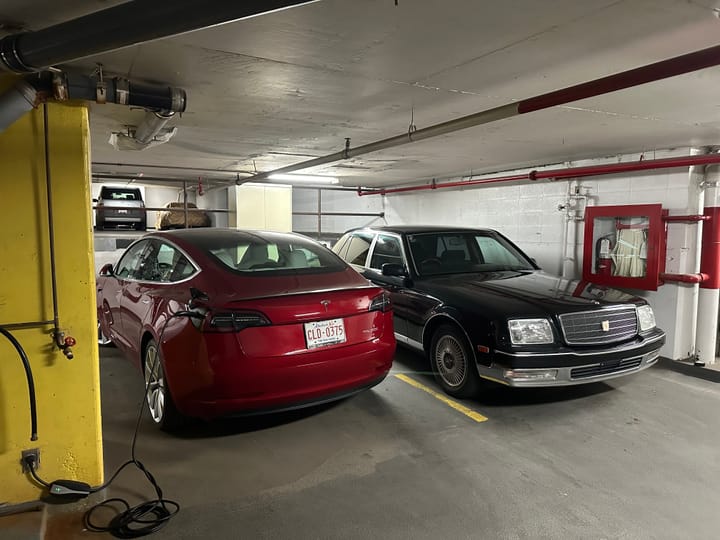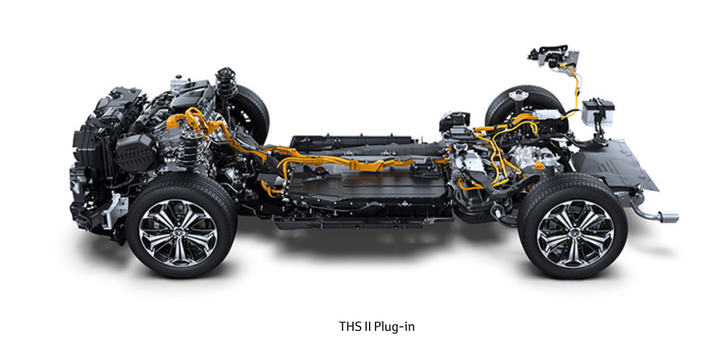No Need For Fear, Uncertainty and Doubt

Misinformation and disinformation are tools to sow fear, uncertainty and doubt (FUD). We see this spread over an increasingly wide range of topics, usually through social media. Whether it is politics, climate change, vaccinations or anti-EV propaganda, we all have to put up with this 'journalism' that somehow makes its way to our social media accounts. Somehow, a substantial portion of the population has suspended critical thought, and FUD has proven effective for the bad actors who employ it. I really don't understand where the anti-EV propaganda is coming from, and who EVs are threatening. The IEA forecasts global demand for oil to increase for 2022 and 2023. Auto Manufacturers are currently offering more powertrain choices than ever before; ICE, Hybrid and BEV. For now and the foreseeable future, buying an EV is choice consumers will make if the vehicle suits their needs. It may not, in which case there are lots of other vehicles to choose from. A new generation of affordable EVs are now entering the market, moving EV adoption away from the wealthy early adopters and into the mainstream. Consumers are now willing to make the change to E-Mobility in dramatically increasing numbers. Now, virtually all EVs are sold out and have long waiting lists. Many are selling for a substantial premium over MSRP. The 'tipping' point for EV adoption has arrived. In our household we need a vehicle for camping with a 7,500lb vintage travel trailer, and another for driving the kids to school. I would prefer to have multiple vehicles that are optimized for their respective jobs, rather than have one vehicle try to do everything. Our solution for camping was a full size Range Rover which is about the smallest thing that can safely pull the trailer. For city driving we bought an EV. Our Hyundai Ioniq 5, thankfully ordered a year ago before $20k premiums were added to the price, has proven to be a revelation. The Rover gets anywhere between 14 and 16.5 L/100km driving around the city. My commute in it costs me about $13 each day. The Ioniq, so far in the first 2,000km, has used 16.5 kWh/100km. But since I pay $.12 per kWh instead $1.70 per Litre of premium, driving the same distance in the EV costs $1.00. |
COSTS OF OPERATION (Driving 20,000km per year:) Range Rover; 15L/100km @ $1.70/Litre = $5,100 Ioniq 5; 16.5 kWh/100km @ $.12/kWh = $396 |
MSRP on the Ioniq was $63,000, and it is the top-of-the-line version with 2 motors, AWD and the long range battery pack. It has a state-of-the-art suite of cameras, sensors and driving aids as well as just about every comfort/convenience item that can be put in an automobile. It is fast (0-100km/hr in about 5 seconds), quiet and handles well. I don't feel any need to drive a fancier car. With a base price of $45,000 it is designed to sell in large volumes. To run an EV conveniently, you do need a place to charge it. It is possible to run the car with a 120V electrical service but this would be practical only if you are driving less than 75km per day (this range could be replenished with about 12 hours of charging). If you drive more than that you would need to visit commercial DC fast chargers. Most people will want to install a 'Level 2' charger at home. This would entail a charging unit and a 240V, 30-60AMP service for it to plug into. We have a 1960's bungalow with a 100 AMP service with AC that can draw 40 AMPs. We had Zeno (formally Virtuoso Energy) install a home energy management system that allows the 40 AMP Level 2 EV charger and the A/C to share the same circuit - it reduces power to the car if the AC is in use. It cost about $3k for the electrical work and another $1k for the wall-mounted charger. Most new houses are pre-wired for an EV charger, so the costs would most likely be under $1,500. The Ioinq has about 75kWh of useable battery storage which will give it about 400km of real world range. We charge it to 90% to be a little nicer to the battery. At the end of most days the battery has 80% left in it. This takes little more than an hour to replenish with the Level 2 charger. We can set the timer to charge at night, so it doesn't interfere with our AC. Our Ioniq has never had a State Of Charge below 70% - which equates to 300km of range. There is no range anxiety, and we could easily get by with a battery half the size of what is in the car. If there is a power outage, we can use the Ioniq to supply electricity to the home with its V2L feature. For driving longer distances we'll take one of our ICE vehicles. The fast charge DC infrastructure for non-Teslas doesn't work very well in my experience. If the station works at all, I usually have to try multiple times for it to initiate a charge, and often the charge rate is a fraction of what it should be. They charge by the minute, so this is mostly an exercise in frustration. Hopefully this will improve. But that is fine; we have one car for the city and another for the highway. The Ioniq is fast, smooth, quiet and practical. It costs almost nothing to run. Even with the bill for the electrical upgrade to the home, the capital outlay was reasonable. It is the perfect vehicle for school runs and other city errands. No question about it, for city use it is a better vehicle than an ICE. The Range Rover is better for towing the trailer. I don't see the need to politicize vehicles: just buy the one(s) that suit your needs. |
Lawrence Romanosky, Calgary, Canada
Lromanosky@me.com, 403-607-8625



Comments ()